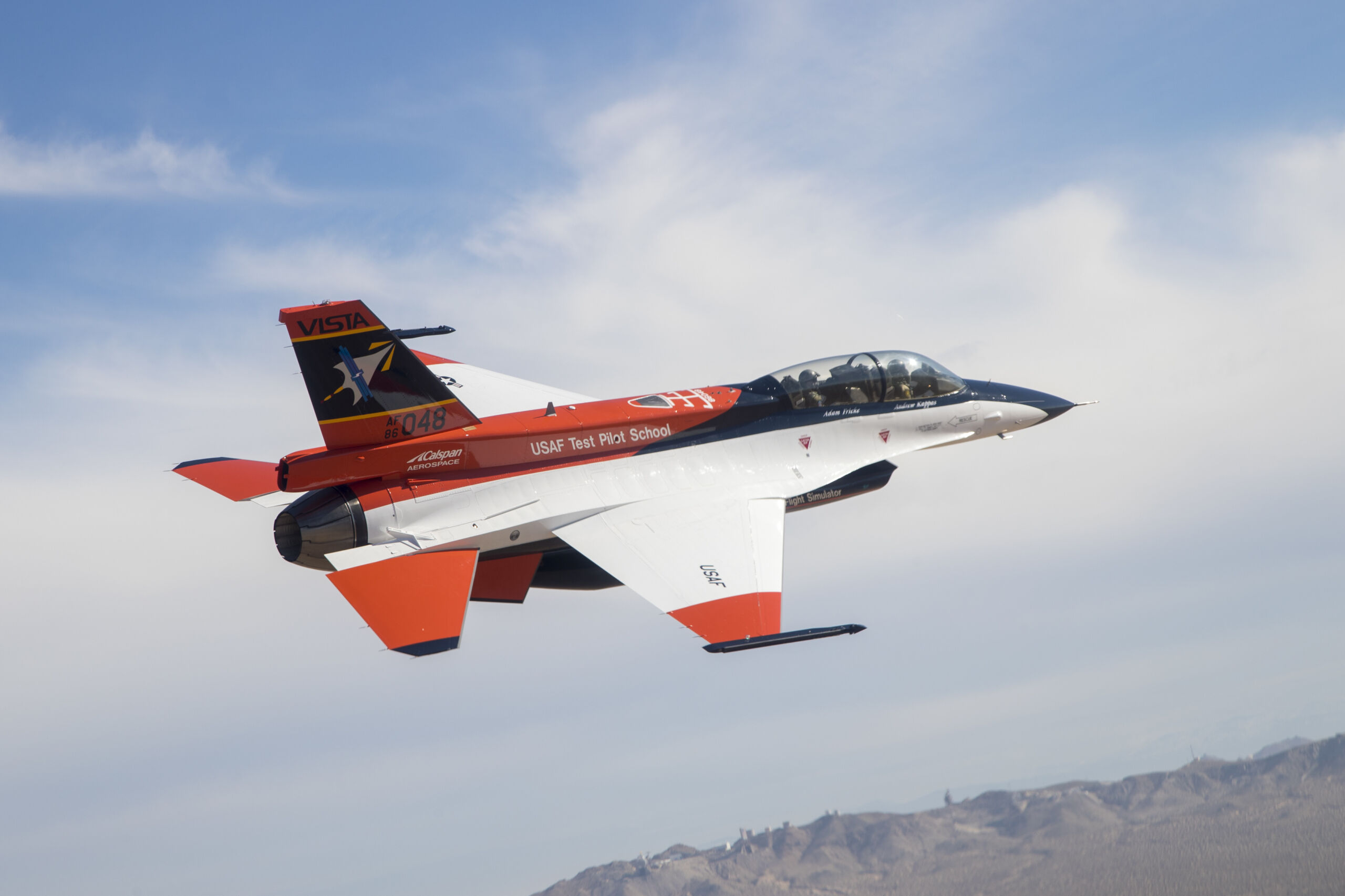As the world grapples with the rapid advancements in AI and its potential applications, one field that has garnered significant attention is military aviation. The integration of AI into military aircraft is a game-changer, bringing both opportunities and challenges to national security, international relations, and ethics. To delve deeper into this pressing issue and gain valuable insights, we turn to Frank Kendall, the Air Force Secretary, and his perspective on this critical technological development.

Frank Kendall is an influential figure in military aviation, holding the position of Secretary within the Air Force hierarchy. With access to classified information regarding AI-controlled aircraft, he plays a crucial role in shaping the future of military aviation via policy decisions and resource allocation.
The utilization of AI in military aviation promises numerous advantages. From a financial standpoint, AI-powered aircraft can decrease costs associated with manned fighters, leading to substantial savings for militaries. Additionally, the deployment of AI in military aviation increases operational efficiency and reduces risk to human lives by handling repetitive or perilous tasks. In today’s geopolitical climate, where air superiority is a pivotal component of national security, AI’s benefits are more relevant than ever.
However, the introduction of AI into military aviation also raises ethical quandaries. Who bears responsibility for decisions made by autonomous or semi-autonomous weapons? How do we guarantee that AI-enabled aircraft adhere to international laws and respect human rights? These ethical challenges necessitate thorough debate and careful reflection.
Secretary Kendall’s position on the ethical aspects of AI in military aviation remains elusive within the text. However, his backing of the Air Force’s plan to integrate an AI-driven fleet of over 1,000 unmanned warplanes by 2028 implies that he deems the benefits of this technology outweigh the complex ethical considerations. Given the sensitivity of this subject, it’s reasonable to assume that Kendall has given thoughtful consideration to the ethical implications, yielding a reasoned response.
In summary, Frank Kendall, the Air Force Secretary, brings a unique vantage point as we examine the role of artificial intelligence in military aviation. With access to classified information and the power to drive policy, Kendall provides valuable context for the potential benefits and challenges of implementing autonomous or semi-autonomous aircraft in the Air Force. Moreover, his stance on the ethical aspects of AI in military aviation is a topic of keen interest, as broader ethical debates surrounding AI continue to intensify. As we venture into the future of military aviation, the role of AI will remain a topic of great importance and understanding the perspectives of those at the helm is essential to navigate this intricate, evolving landscape.

